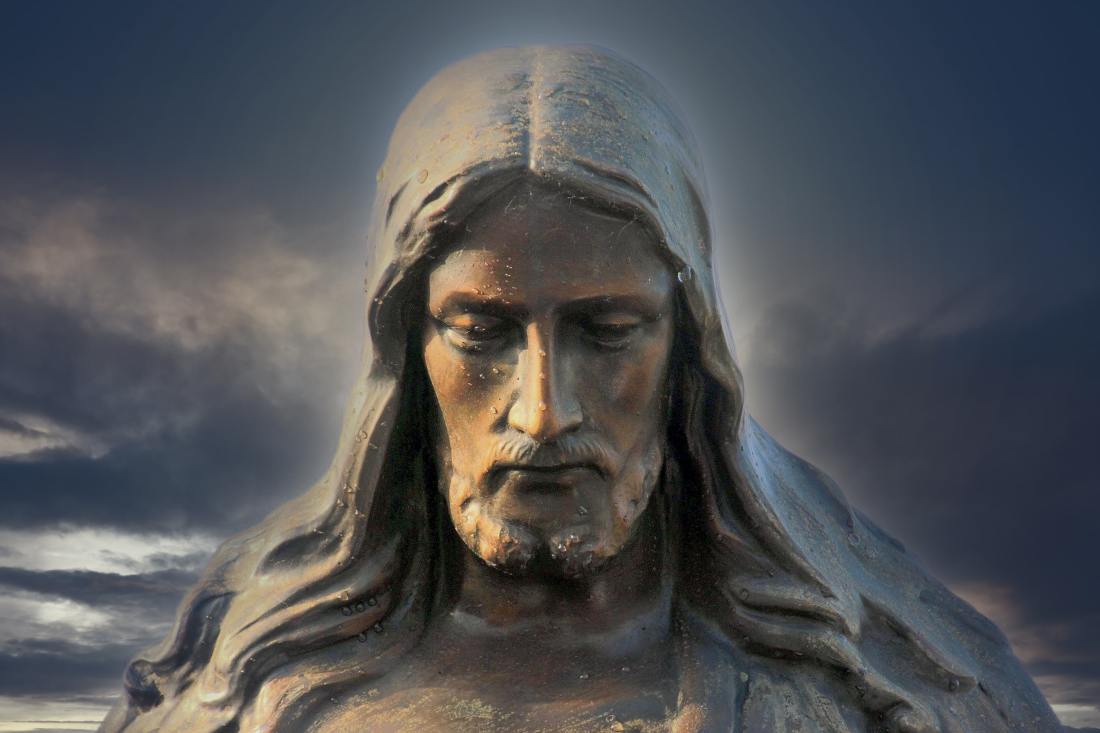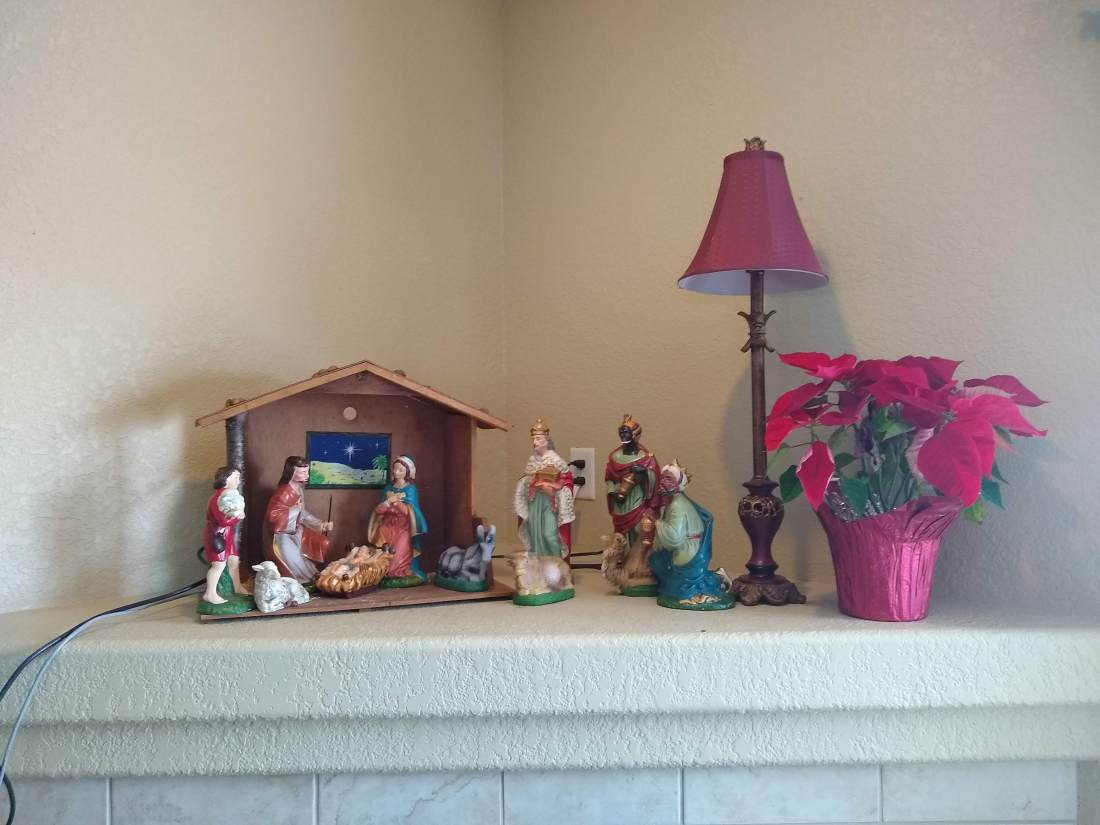There is a video going around called “The Lutheran Collapse”. I believe the concerns expressed in this video are about 20 years late and what is happening today is a Christian collapse. Yes, Lutheran denominations have lost a lot of members. The video focuses on the two largest Lutheran denominations, the much larger theologically liberal Evangelical Lutheran Church of America (ELCA) and the smaller theologically conservative Lutheran Church – Missouri Synod (LCMS). I am a member of the LCMS, so this video is of interest to me, and for a long time now, I have been interested in the reasons behind why there are fewer people from the younger generations attending church.
The mainline churches, like the ELCA, embraced the current cultural values and went theologically liberal. Many people left those churches and many of them went to more theologically conservative churches. Unfortunately, that only slowed the decline in the theologically conservative churches. The problem is the Christian faith is not being passed on to the younger generations. And this is not a new concern.
In 2003, Reggie McNeal wrote a provocative book, “The Present Future: Six Tough Questions for the Church”. In the book he tried to wake up the American church to the decline that was happening. That was 23 years ago and since then I have also read other books addressing the decline in American Christianity. It is not just Lutheranism in decline, and it is not just liberal mainline churches in decline. American Christianity is in decline. American Christians are facing this crisis because the culture is no longer supportive of the Christian faith and its values, and in general the American churches have not successfully transitioned to operate in the new culture.
1517, a theologically conservative Lutheran nonprofit, wrote an article addressing the video (and other similar videos). The article, “The Future of Lutheranism Belongs to Builders”, was well written and I liked most of it. Pastors and lay leaders need to be architects and builders, and not curators or deconstructionists. Discipling and mentoring needs to happen, and we need to keep our Lutheran doctrine. What I disagreed with was the “traditioned innovation”, which I interpreted as we keep our Lutheran traditions and innovate only within the bounds of these traditions. That sounds like curation and not innovation to me. Yes, there is a lot of good theological richness in those Lutheran traditions (e.g. our hymnody) and many are worth keeping in some form, but the question we need to ask is “Do they speak to our young people today?”
I do not know what the best answer to this crisis is, but here are some ideas that I would suggest. We need to make our Christian faith, especially our worship services, accessible to those who have never been in a church. We need to reach out with the good news of Jesus to those who know nothing of our faith. We need to disciple and mentor our church members to inspire them to share the hope we have in Jesus. For the LCMS and other church bodies, we need to put more emphasis on encouraging and training their laity in actively living their faith, and less emphasis on the pastoral office and the institution.
And above all, we need to remember what is most important. It is all about Jesus. He is the one that is important – not our church buildings, not our institutions, not our traditions, and not anything else. The Good News is all about Jesus and what he did on that cross and his rising from the dead, so that we might have life in him. That needs to be our focus.








